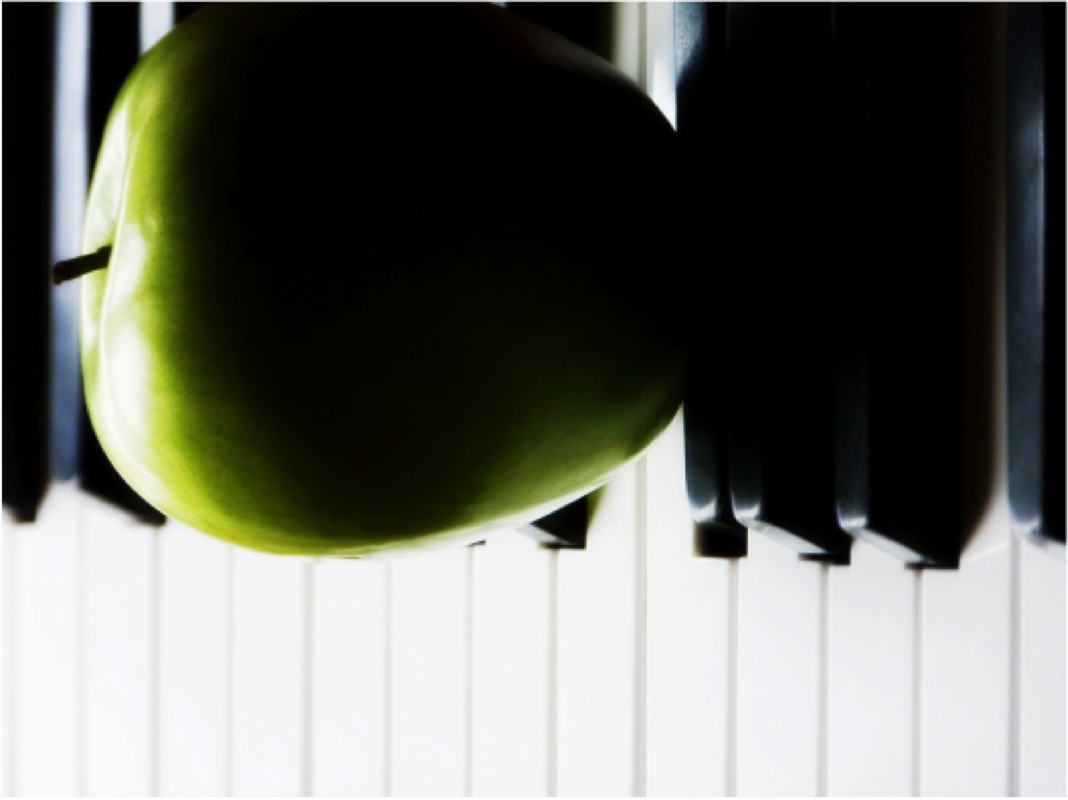|
1.Regularly disinfect the piano keys. There are lots of great disinfectants that can be used to safely disinfect the piano and piano keys. Door knobs and surfaces that are commonly touched must also be disinfected.
2.Wash hands before and after playing the piano. Every great piano studio has a supply of disinfectants by the piano for students to use before and after playing. 3.Avoid touching your nose, mouth or face during your practice session at the piano. This will greatly decrease the spread of germs. 4.Cover your cough or sneeze and fully turn away from anyone next to you each time you cough or sneeze. Music teachers are physically closer to their students than any other type of teacher so you'll have to be extra careful to turn away when you sneeze or cough during the lesson. [Tip for teachers: it is also important to teach from different distances. Not just for health, but for pedagogical and observational purposes as well]. 5.Let the teacher know if you are sick, preferably before the lesson. Some studios have make-up days allocated for illnesses. Others offer remote or longer lessons to make up for an illness. Either way, it is best to put our health first. 6.Keep a pack of tissues nearby. Be sure to discard and wash or disinfect hands after use. 7. Take preventative measures & make changes if necessary. These measures may vary from family to family. If you find yourself doing the same thing every year with unsatisfactory results, try exploring other options. Pay attention to the detail and results of your routine. Sometimes it takes the smallest adjustment to make the biggest difference - in health, music and life.
0 Comments
Your comment will be posted after it is approved.
Leave a Reply. |
AuthorJodi Ann Russell, Ed.D., M.M., B.M., N.C.T.M. brings a warm emphasis on mindfulness, relaxation, creativity and technique in personalized piano lessons and master classes Archives
July 2024
Categories |


 RSS Feed
RSS Feed